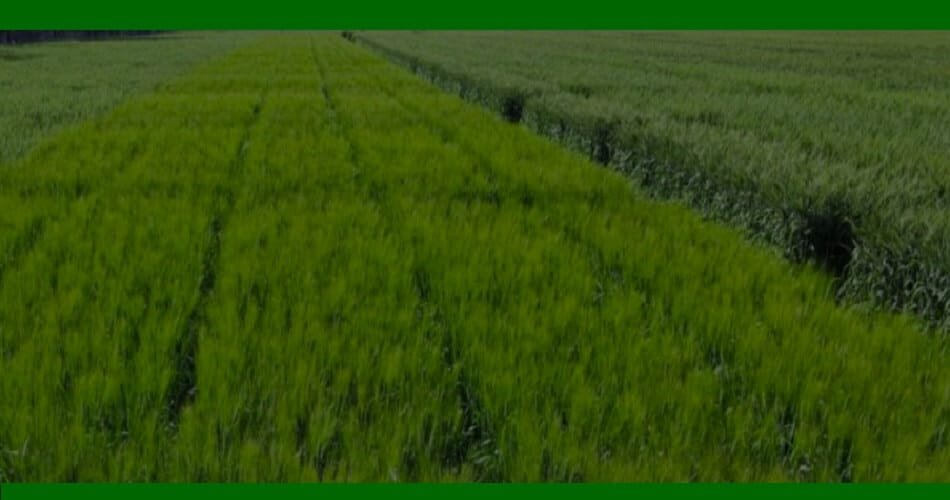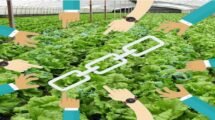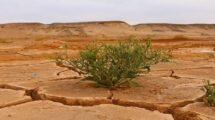Varanasi farmer approaches PM, offers to donate wheat ‘varieties’ developed by him
On July 23, Prakash Singh Raghuvanshi, a farmer from village Tadiya in Varanasi district, received a surprise call from a scientist from the Karnal-based Indian Institute of Wheat and Barley Research (IIWBR), one of several centres of the Indian Council of Agricultural Research (ICAR), informing him that a team of wheat breeders would like to visit him. On Thursday, two scientists were present in his village.
How did this happen? Raghuvanshi recently wrote to Prime Minister Narendra Modi, requesting that he facilitate the takeover of wheat “varieties” developed by him, which he wishes to donate to the government. He also provided three “varieties” of wheat seeds as samples. Following his letter, the Prime Minister’s Office requested a response from ICAR and directed it to examine those seeds.
Also Read | On-going Wheat procurement rises 30%, nears last year’s total
“I have three acres of land, which is insufficient to grow the seeds for conservation. Raghuvanshi stated that the government can allot at least 10 acres due to his family’s existing debt of ₹7 lakh with SBI and Canara Bank.
On Thursday, he handed over 31 ‘varieties’ to two IIWBR scientists, Arun Gupta and Amit Kumar Sharma. He has been told that the seeds will be multiplied and stored at the institute during the next Rabi season.
Determining factors
However, a retired scientist who was involved in testing Raghuvanshi’s seeds about 20 years ago recalls that they were examined because the farmer had written to the President of India. “For a seed to be classified as a variety based on scientific parameters, certain conditions must be met.” His two varieties have already been registered with the Protection of Plant Varieties and Farmers’ Rights Authority, and any additional seeds that fall into those categories can be registered there as well, according to the former scientist.
However, farmers decide which seed varieties to grow, and the government has little influence, according to experts. Raghuvanshi has even branded his seeds under the Kudrat brand, and any demand for those varieties will be determined by yield and other factors.
Also Read | India’s wheat output could reach a new high of 114 million tonnes
“Between 1995 and 2023, I used my wisdom and knowledge to develop improved varieties of indigenous wheat seeds, with 80 different qualities. “These varieties will usher in a new green revolution in agriculture in the future,” Raghuvanshi wrote in his letter to Modi.
“My eyesight has deteriorated by 30%, and my financial situation is not good. I am unable to move the research and conservation forward. “All farmers should benefit from my efforts,” he stated, pleading with the Prime Minister to accept his request to take over all of these varieties.


















Add Comment